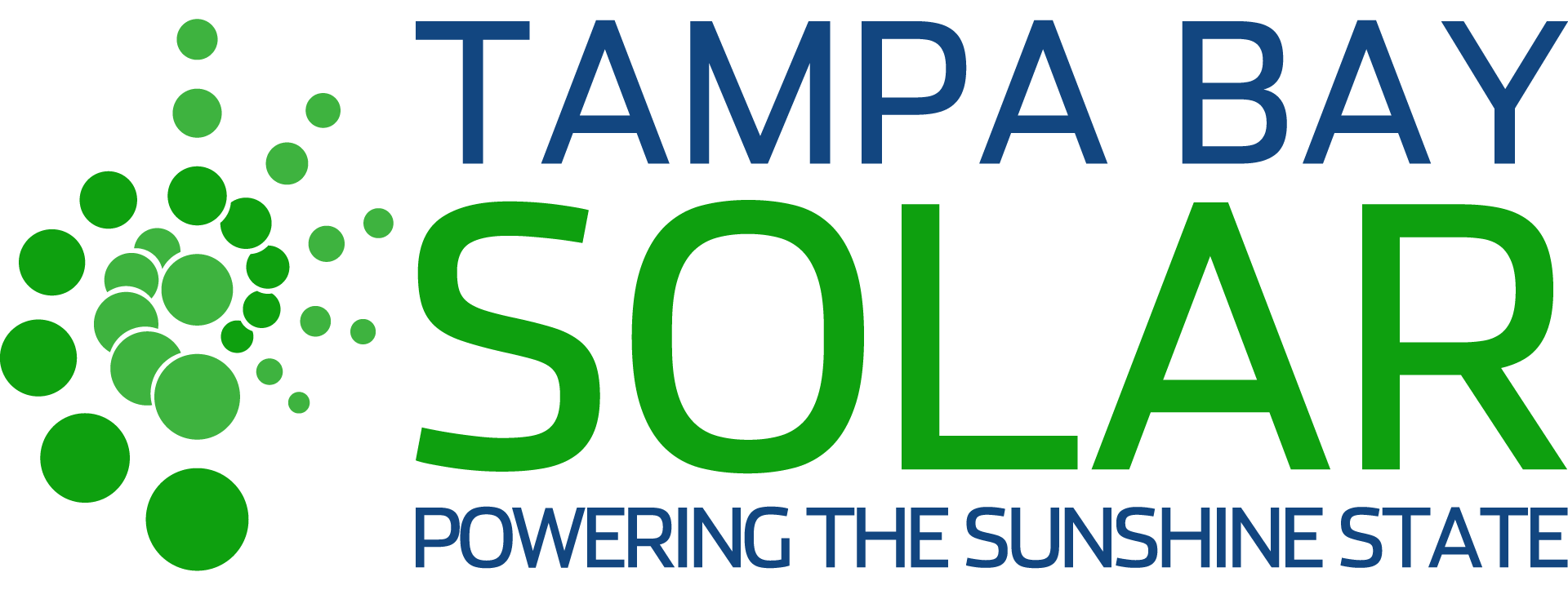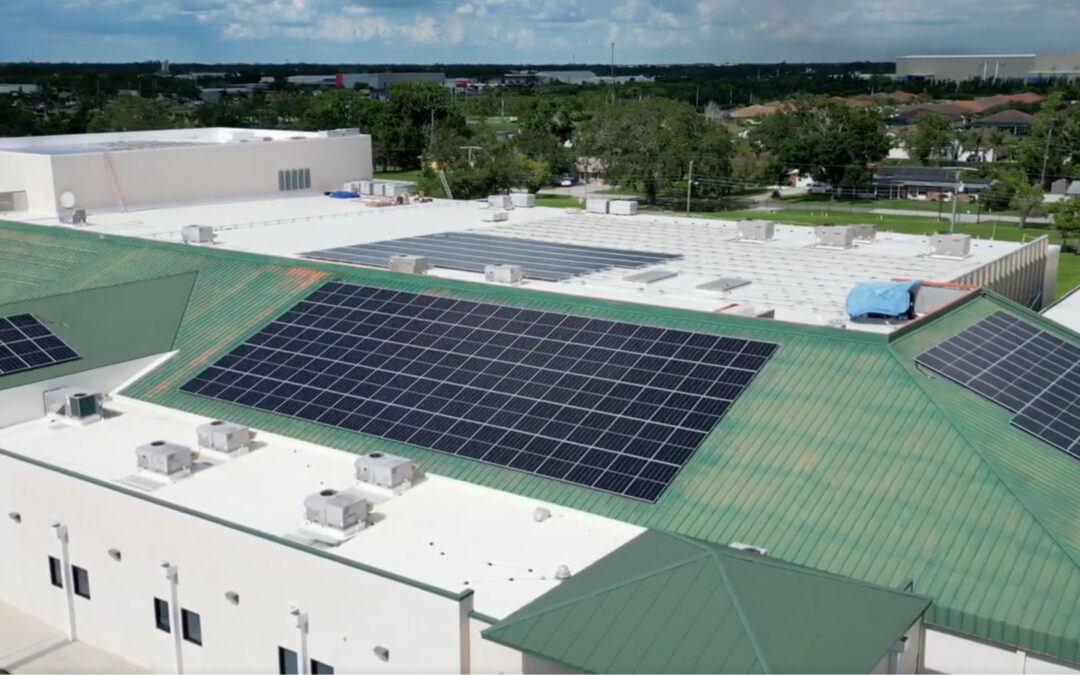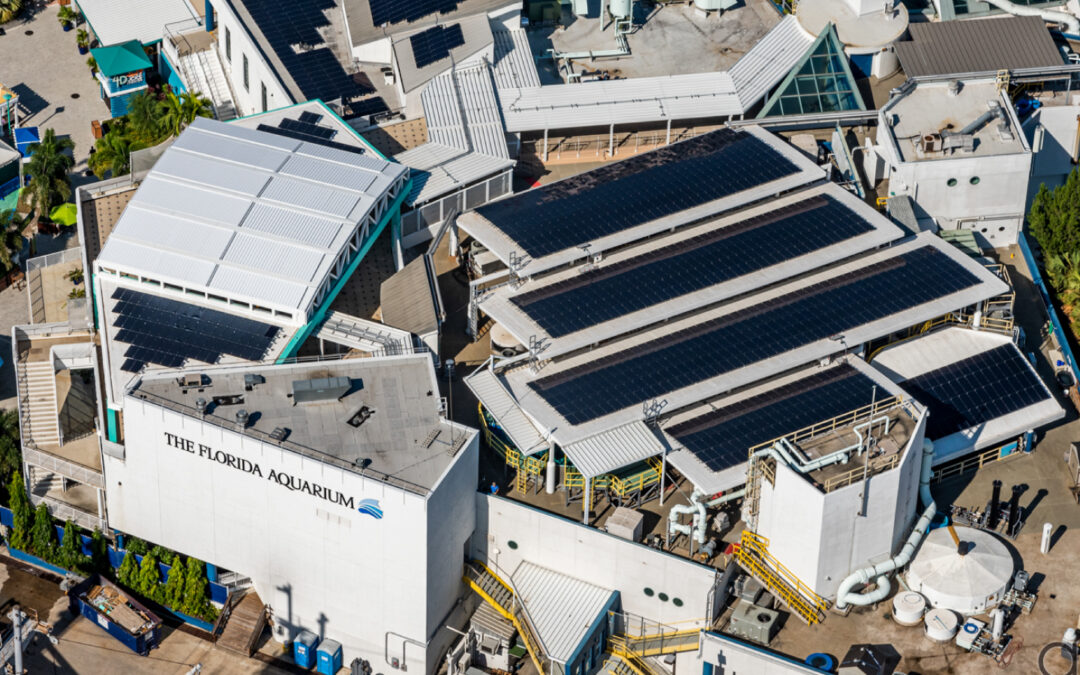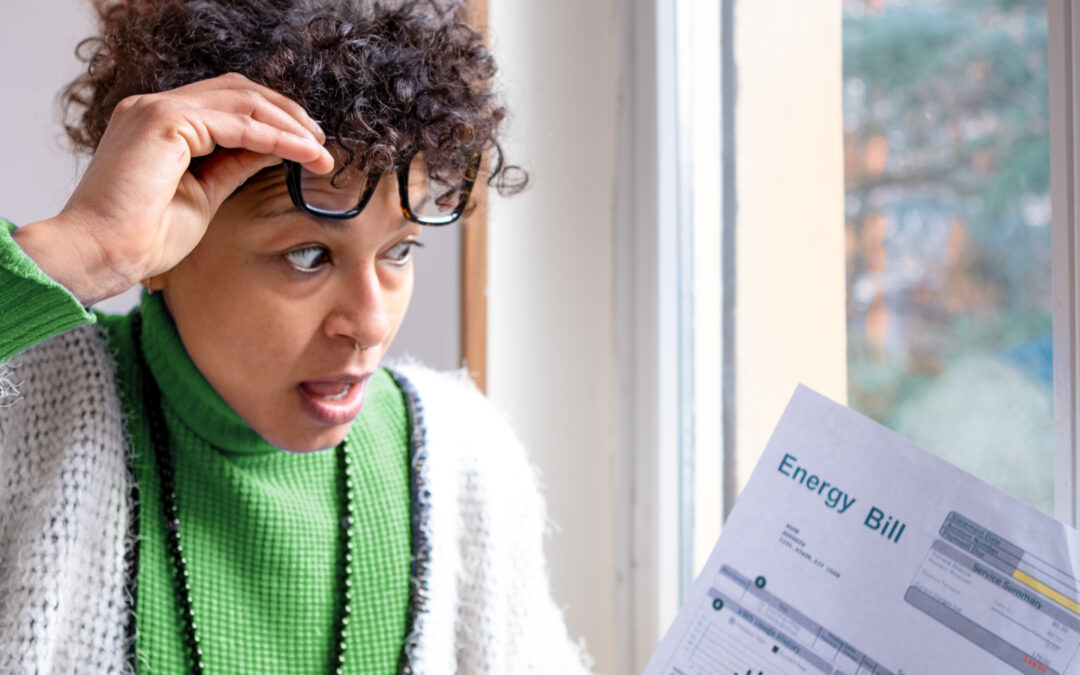One of the most common questions Tampa Bay Solar gets is, “How do solar panel systems work during a blackout?” The answer, of course, depends on what kind of system you already have in place: Battery back-up, no battery back-up, a propane generator, or even nothing at all.
Unsurprisingly, there’s a lot of misinformation about this topic out there — so, allow this article to shed light on your options, illustrate the pros and cons, and compare costs.
Option 1: You Have No Generator and No Solar Panel System
If you don’t have a solar panel system or a propane generator, losing power for a few hours would be an inconvenience, but not a disaster. Your house might get muggy; you may lose food if you forget to move it from the fridge to the freezer; and you’ll experience minor disruptions to your daily activities.
Now, if a violent hurricane knocks out your grid for several days, that’s a completely different story: You’ll lose all the food in your fridge, you’ll experience significant disruptions to your daily routine, and you might even be forced to stay at a local hotel for a few nights — that is, if you can find a room in your area.
Plus, there’s the uncertainty of when your electricity will be restored. Electric companies typically restore power based on the number of clients helped per repair. So, if you live in a subdivision with 2,000 homes, your power will be restored much faster than a rural client served by a power line that only feeds two or three homes.
So, assuming that your power gets knocked out for several days, what can you expect your cost to be? Approximately $200 in lost groceries + the cost of a hotel room for a few nights — which could easily be $350+.
Option 2: You Have a Gas or Propane Generator
If you have enough fuel, whole-house generators can keep your air conditioner operating as normal — but at a cost. Generac generator installs, for example, can cost upwards of $10,000, and that’s not accounting for the fuel you need to run them.
Smaller portable generators are less expensive, but they are not powerful enough to run your air conditioning, which requires a 10,000-watt draw. If a catastrophic Category 5 hurricane sweeps across the Tampa Bay area and knocks power out for several days, it would not only be difficult to find fuel, but it would also be impossible for your smaller generator to sustain your energy needs.
The noise and the toxic exhaust fumes are two other significant downsides of generators. Plus, gasoline-powered generators require continuous maintenance and — like any gasoline-powered engine — they have to run periodically to circulate oil and maintain the integrity of the engine seals.
Similar to the first example, if we assume a hurricane knocks out your power for several days, you’re looking at a cost of $10,000 or more for a larger home generator, or less for a portable unit.
Option 3: You Have Rooftop Solar Panels But No Battery Back-Up.
Solar without a battery is called a grid-tied system, which is the most common type of photovoltaic solar system installed on Florida homes.
These systems have 2 components: The panel array and the inverter.
If you purchase the SMA brand inverter — with the Secure Power Supply feature— you can access 2,000 watts per inverter during the daytime. Other inverter brands — like Enphase and SolarEdge — do not allow users to access power if the grid goes dark. This is why we recommend the SMA inverter for homes with roofs that get direct sunlight and want emergency power without the extra cost of the battery.
While 2,000 to 4,000 watts of power is not enough energy to run your air conditioner, it will keep your refrigerator running long enough to keep your food cold. For example, Ben — Tampa Bay Solar’s company trainer — installed this system on his Wesley Chapel home, and 4,000 watts is enough to charge up his car, keep his fridge running, and recharge the batteries on his LED lamps. The only downside to this system, however, is that there is no power once the sun goes down.
Bearing this in mind, what is the cost of a solar panel system without a battery back-up? It’s whatever the cost your solar array happens to be, which will vary based on the power requirements of your home.
Option 4: You Have a Solar Panel System with an Integrated Battery Back-Up.
Without a doubt, solar panel systems with battery back-ups are the best blackout options. As the sun rises every morning, these systems get fully recharged — and unlike Generac generator systems, these solar power systems never run out of fuel or emit fumes from gasoline, propane or natural gas.
Tampa Bay Solar has installed many battery back-up systems for rural clients, particularly ones who need continuous power for their wells. Unlike a home in a typical subdivision with municipal water, rural homes with a well lose access to water as soon as the power stops charging the well pump.
Recently, Tampa Bay Solar installed a large solar array with a battery back-up on a ranch in Lecanto, a farming community in Citrus County. The Lecanto client had previously lost power for two weeks during Hurricane Irma, and this time, he was determined to get a system that would meet his needs without burning fossil fuels.
The homeowner needed 24 hours of continuous power to operate his well and refrigerate his heart medication. Tampa Bay Solar installed 60 panels on his barn and used the barn’s attic space for the inverters, charge controllers and battery banks. The well was located 700 feet from the barn, so the team trenched a power line to the well and to the main house, which was 200 feet from the barn.
Tampa Bay Solar’s CEO, Steve Rutherford, also installed solar with battery back-ups on several military bases in the Middle East, and has a similar system on his own home in Tampa. Both Steve and Tampa Bay Solar’s lead engineer, Gregg Glover — a former military pilot — are both involved in the design and implementation of all the battery back-up systems that Tampa Bay Solar installs.
The only downside to solar panel systems with battery back-ups is the higher initial cost — but even then, the ROI is worth it. As car manufacturers ramp up battery production over the next few years, we expect battery prices to lower to the point where solar arrays with battery back-up will be less expensive than installing a whole-house generator.
Many nationwide solar installers like Vivent or Sunrun do not install battery back-up systems because these jobs are more complex than grid-tied systems. However, Tampa Bay Solar’s engineering team is equipped for the job and has designed over 600 installs —ranging from commercial systems with 1,200 panels to small residential systems with only 10 panels, and everything in between.
Finally, the million-dollar question: What’s the cost? The battery back-up adds 70% to the cost of a regular solar array. So, for example, a $30,000 solar array (PV) system requires a $20,000 battery. Again, a hefty upfront investment — but an investment that pays dividends over time.
A Tampa Bay Solar Company You Can Trust
As a homeowner living in Central Florida, you have numerous options when it comes to grid-tied solar and solar with battery back-up systems. But the important thing to remember is that you should work with a firm that has a great track record and the depth of experience necessary to correctly engineer your system.
The first thing you should do is get references from any contractor before you let them do any work on your property. For example, if you have an initial consultation with Tampa Bay Solar, you will be given a list of real names and phone numbers of clients that the company has worked with over the last 10 years.
From the initial engineering to the permits to the installation, all of Tampa Bay Solar’s work is performed by its employees — not subcontractors.
Plus, all of Tampa Bay Solar’s systems carry a comprehensive 25-year warranty on the panels, and a 10-year warranty on the labor and additional components — so you can rest assured that you’re getting nothing other than the absolute best product.
Don’t wait for the next power outage to make the move to solar. Contact us today to schedule an initial consultation with one of our experts.
FAQ
Q: Can you power your home with solar panels in Florida?
Yes, Florida is an excellent location for residential solar power. The abundant sunshine makes solar panels highly effective.Many homeowners in Florida use solar to offset electricity costs.
Q: If you have solar panels, do you need a generator?
Solar panels alone may not eliminate the need for a generator.Generators provide backup power when solar panels are not producing. However, solar can significantly reduce your reliance on generators.
Q: Can solar panels replace generators?
Solar panels can potentially replace generators for many applications. With battery storage, solar can provide continuous power. However, generators may still be needed for extended outages.
